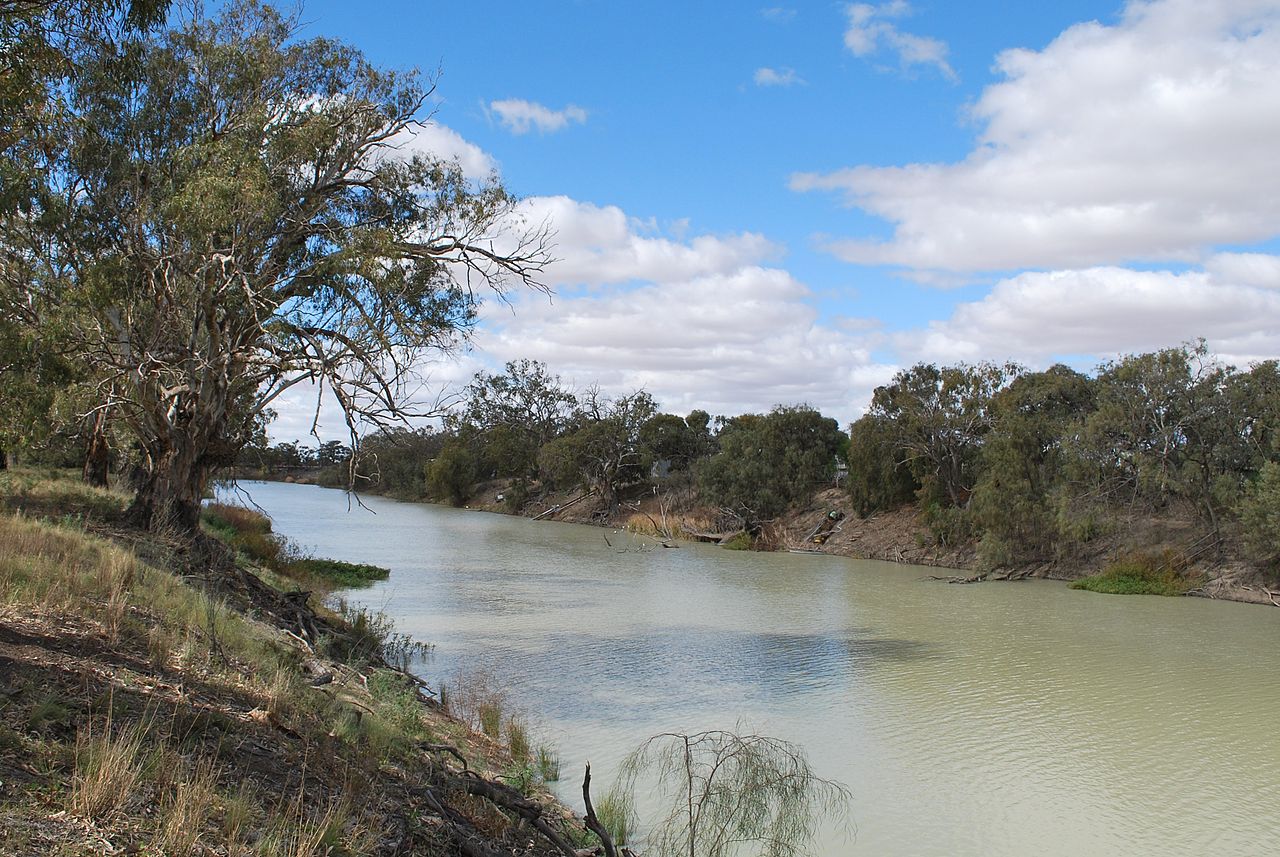
EXPERT REACTION: Federal Government independent interim assessment of Murray Darling fish deaths
The Federal Government last night released an independent interim assessment of the recent fish deaths in the Murray Darling river system. The report suggests continued hot conditions, combined with a lack of water flow, caused the weir pools to form layers of water - an upper oxygenated layer and a lower layer lacking in oxygen. Fish and algae became concentrated in the upper layer. Then, sudden reductions in air temperature and increased wind associated with storms caused the layers to mix, resulting in low oxygen throughout the water and no escape for the fish. This, says the report, was the primary cause of the fish deaths. Experts respond.
Organisation/s: Australian Science Media Centre
News for:
Australia
QLD
ACT
Media contact details for this story are only visible to registered journalists.


Expert Reaction
These comments have been collated by the Science Media Centre to provide a variety of expert perspectives on this issue. Feel free to use these quotes in your stories. Views expressed are the personal opinions of the experts named. They do not represent the views of the SMC or any other organisation unless specifically stated.